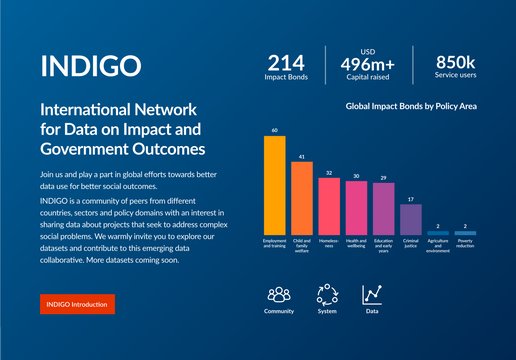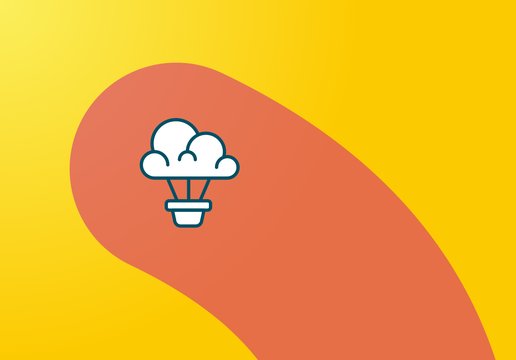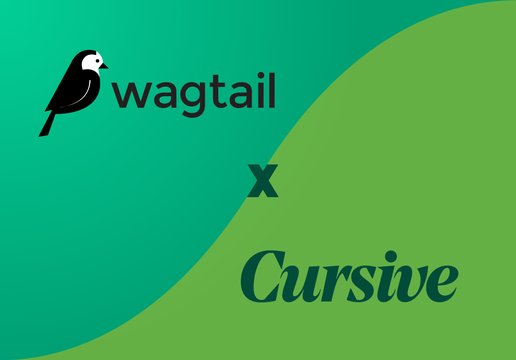When Oxford University Government Outcomes Lab (GO Lab) approached us to help with bringing their INDIGO datasets to a wider audience, we jumped at the chance to get involved. This would mean building new relationships with academics and researchers in the wider GO Lab community.
Data, data, everywhere…
These days, it can seem like we’re drowning in a sea of data. What use is it, if it doesn’t lead to better understanding? Better data for better social outcomes, is the mantra of the INDIGO initiative, but how could we help fulfil that aim? Data in isolation is not the solution.
GO Lab has a team of researchers that work with very large datasets. They wanted to build on this data, make it more accessible to a wider audience and allow it to be manipulated and presented in new and exciting ways. They wanted to bring their data to life and get it out there.
That’s where we came in. This isn’t a story about having all the answers – at times it was hard enough to know what questions to ask! It’s a story about collaboration and partnership, a shared journey towards a common goal. It’s all about the team.
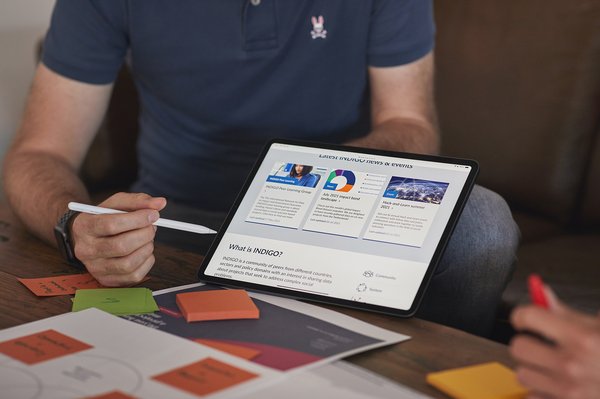
It’s all about the team getting together to review progress, share ideas, set goals and keep the project moving forwards.
An agile team working in sprints
Prototyping sprints can be amazingly creative. With a clear understanding of the desired outcome but no assumptions over how we’re going to get there, we’re free to find the best ways, together.
It’s an iterative process with lots of collaboration. We shared our ideas in Slack on a daily basis and met twice weekly online to make sure we didn’t stray off-course (and to keep our stakeholders firmly in the loop).
Priorities change and new ideas or external factors shifted the team’s focus week-to-week. But that’s ok when everyone’s pulling together towards a shared vision. We tried things out, sketched ideas, drew diagrams (threw some away!) and put code together as early as possible. With good communication it felt great to be so dynamic and fluid.
Opportunity from uncertainty
We knew some ideas might be totally ‘Blue Sky’, and we’d have no idea if they’d work or not. But we kept an open mind, and accepted that we didn’t need to have all the answers. At least not to begin with.
Working this way isn’t for everyone, and it certainly doesn’t fit every type of project. However, when creating the conditions to explore and test ideas freely, the outcomes can be unexpected… in a really good way!
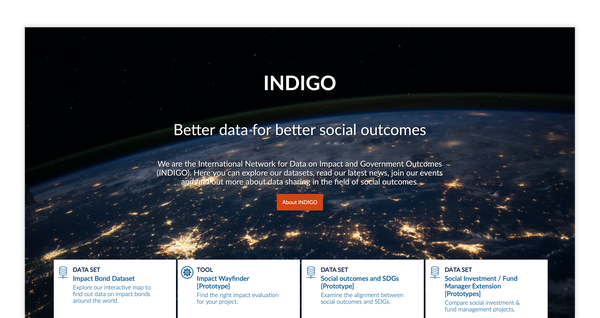
We designed a bespoke landing page for the INDIGO initiative
What we built
Collaboratively, we built a platform for the management, discovery and visualisation of complex datasets. We created new ways to navigate, filter and cross-reference data that inspired new insights and understanding for ongoing and future research.
The data changes too quickly for static visualisations. We wanted to empower the researcher and put them in control. So we created a range of interactive, data-driven plots, charts and visualisations that evolve just as the INDIGO datasets do.
We built tools to report on the current global and national ‘state of play’ in the world of Social Impact Bonds. We needed ‘live’ data-driven visualisations as well as static snapshots that could build a broader picture over time.
We worked with GO Lab researchers and developed tools to allow them to filter thousands of items down to the handful of the most relevant ones by answering a few simple questions.
We aimed to make everything generic, so elements can be mixed and matched. Want to highlight a particular feature of the data? Add this visualisation? And that one? No problem, build once, deploy many and configure it your way.
Working with Cursive is great. They have a special talent to transform raw data into striking data visualisations and interactive tools that enable policymakers and practitioners to get data-driven insights.
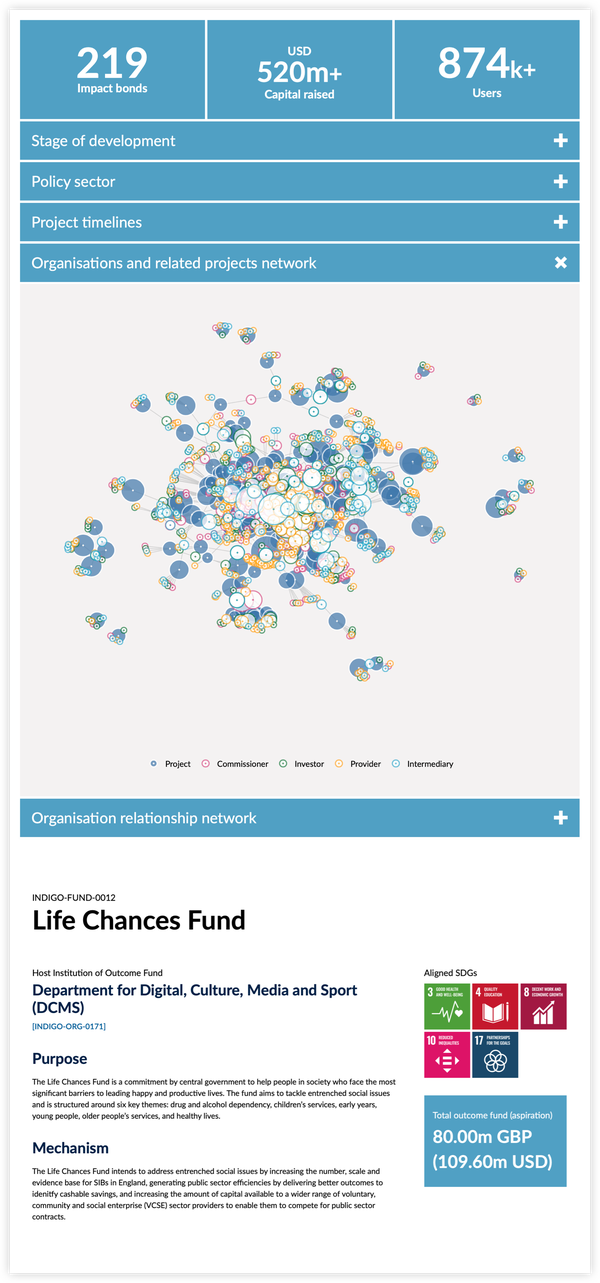
The tech stack
Taking it further
Of all the things we built, the most important was trust. We all worked hard, helping one another, against a backdrop of evolving requirements and tight deadlines, to make it happen. As a team we consistently delivered above and beyond expectations and Cursive became more than a safe pair of hands.
Our collaboration with the GO Lab INDIGO initiative continues – right now we are working with machine learning and domain experts to develop tools to help categorise and present research literature in more accessible ways. But, who knows what the next challenge might be. The journey continues.
We host, support and maintain GO Lab’s website. Find out more about Wagtail website development and our approach to software development and prototyping.
